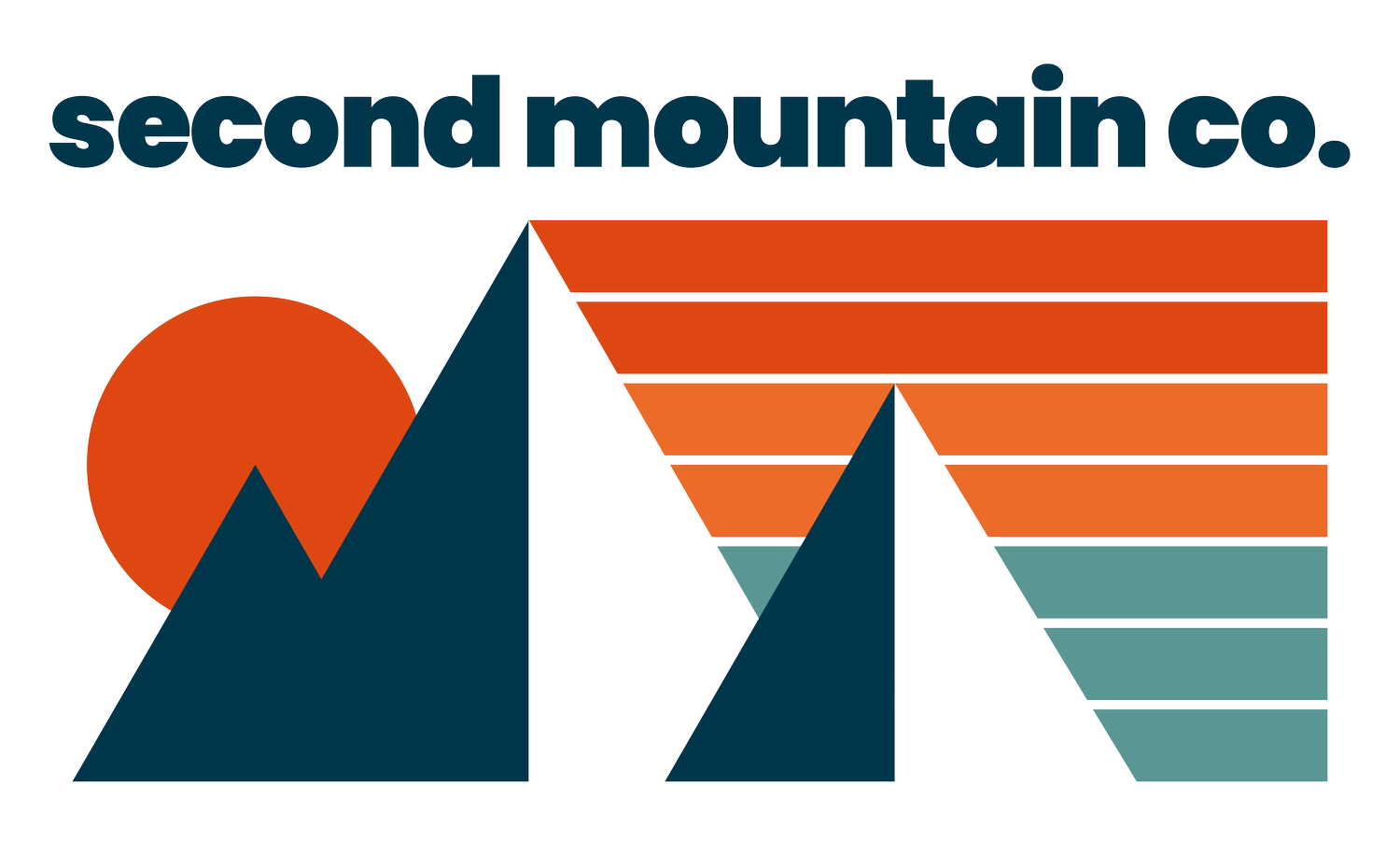Do Those Founder Shoes Come in My Size?
I’ve been working with entrepreneurs and startups for a decade now. I advise them, I coach them, I teach about the process, I write about the process: how to MVP AF, how to capture an investor with your compelling pitch, how to scale with grace and verve. I stand in front of wide eyed business students and seasoned MBAs, preaching from the Book of Ries. Cut me and I bleed this entrepreneur game. Or so I thought. When I applied to do the Blue Chilli CCA Xcelerate incubator a few of my friends and colleagues asked why. What was I going to learn? Why wouldn’t I just go out and commercialise my idea myself and go straight to go?
Secretly, I asked myself that too once or twice, but rather than using my head and my ego, I used my own entrepreneurial power tool – my gut, and listened when it compelled me to press send on my application. I knew that there would be magic in a room full of entrepreneurs and the support team that came with the Blue Chilli model.
I knew it would be very challenging. I knew I didn't know what I needed to. And I wanted to feel that terror and excitement of pushing into the unknown, and truly not knowing what was going to happen when I jumped off that cliff - or needing to know. It was time to not just write about the good hustle, but to embody it.
The idea I submitted wasn’t formed. It was back-of-envelopebrioic. But it was gnawing at me to go further, it was making me uncomfortable and unable to unsee the possibilities. What I had dramatically underestimated when I was accepted into the bootcamp and whizzed up to Sydney in a blur of getting other shit done to make some calendar space, was how different it is to wear founder shoes, not advisor shoes.
As a coach not a player, I was able to give great observational advice from the bench, but none of my skin was going to be scraped off when they stacked into the market. I’d always thought that the saying ‘those who can’t do teach’ was really harsh, as teaching is a specialist and necessary skill, but I get the essence of the phrase in terms of the gap between telling and showing (and its not related to actual teachers who are all GODS clearly).
Nothing in a book or a diagram or a dynamic whiteboarding session could replace the experience of knowing that my original idea was invalidated without a shadow of a doubt. I knew in two days that what I assumed about people’s behaviour and interests were a dud. I leaned that I am not a valid test market. And what a gift that was, because my growth mindset learnings and my meditation learnings made me move happily into investigating the next iteration, stoked that I had failed that idea early, rather than when myself and others had invested in it. I genuinely wasn't attached to the solution, I was attached to solving the problem.
I knew product market fit was essential to derisk a project as much as taking any new product to market can be derisked, but being in the thick of doing that process, talking to people, hearing to your face time and again your precious ideas being dissected and discarded, it grows you, it opens you, it teaches you to listen so actively, to forensically look for the disruptive gaps, to tear off your blinkers of opinion and assumption.
It stops being about you, and it is never about you, it is about how you can serve people, lessen suffering with innovation. You have to be one with everything, as the Buddhist hotdog joke goes, or you might just miss the magic moment when someone softly gives you the insight that pivots everything.
This time next week I will have stood in front of a panel of investors, and in 5 minutes be able to make an unequivocally compelling case for why my idea and my team should be chosen from 39 other participants all single pointedly facing towards their own success. It’s going to be epic. It’s already epic.
Whether I get chosen or not is almost irrelevant, as the heroes journey of any start-up story has so many plot twists before it gets to the final chapter. The thing that matters is that I keep going, wearing the shoes of a founder not a coach, walking myself into that uncomfortable place where growth happens.

